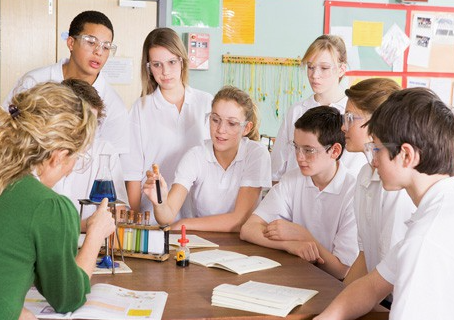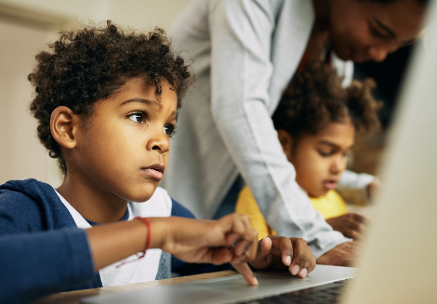Article:
Science education in 2025 is evolving beyond memorizing facts and formulas—it’s about inquiry, exploration, and hands-on discovery. Personalized learning is making science more accessible, engaging, and meaningful by adapting lessons to meet individual learning needs. Through tailored content, flexible pacing, and student-driven projects, personalized learning is helping students connect with scientific concepts in powerful new ways.
Supporting Curiosity and Inquiry
Science begins with curiosity. Personalized learning nurtures that curiosity by allowing students to explore topics that interest them. Whether it’s marine biology, space exploration, or renewable energy, learners can choose projects and investigations aligned with their passions. This freedom encourages deeper engagement and sustained motivation.
Differentiating Content and Instruction
Students come to science class with different levels of background knowledge and learning preferences. Personalized learning allows educators to provide multiple entry points for scientific concepts. Visual learners might explore interactive simulations, while hands-on learners may engage with experiments or model building. This approach ensures that all students can access and understand the material.
Project-Based Learning and Real-World Application
Personalized science education often includes student-led projects that mirror real-world scientific practices. Learners can design experiments, conduct field studies, and present findings. These projects foster critical thinking and collaboration while reinforcing scientific skills like observation, analysis, and communication.
Using Technology for Personalization
In 2025, digital tools are enhancing science education through virtual labs, data analysis apps, and adaptive learning platforms. These resources allow students to practice science in ways that are interactive, scalable, and responsive to their progress. Personalized dashboards help students track their learning and set goals for growth.
Encouraging Reflection and Growth
As students progress through personalized learning paths, they are encouraged to reflect on their findings, adjust their hypotheses, and improve their methods. This reflective practice mirrors the scientific process and helps learners develop resilience and adaptability.
Creating Inclusive Science Classrooms
Personalized learning supports equity in science education by providing resources that accommodate different abilities, languages, and learning contexts. Students with diverse needs can access science content through captioned videos, translated materials, and scaffolded supports, ensuring that every learner has the opportunity to succeed.
Conclusion
In 2025, personalized learning is transforming science education into an engaging, inclusive, and inquiry-rich experience. By aligning science instruction with individual strengths and interests, educators are helping students become not just learners of science—but active participants in discovery. This approach prepares young scientists to explore the world with curiosity, confidence, and creativity.














